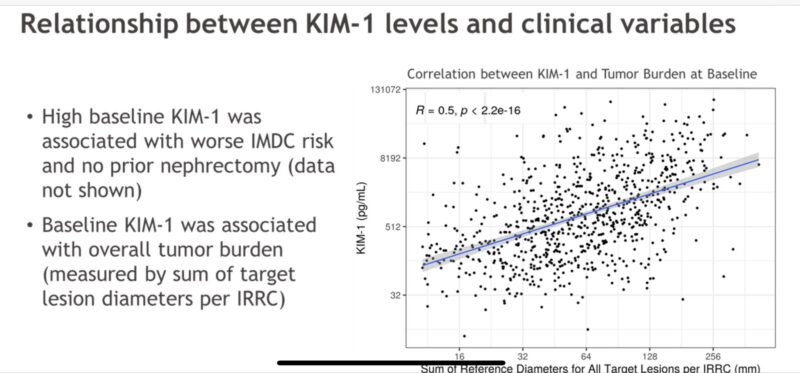At ASCO GU 2025, Professor Tom Powles, Professor at the University of London, highlighted key advancements in genitourinary cancer treatment, including novel immunotherapy combinations and precision medicine approaches.
His insights provide a glimpse into the future of cancer care. Here’s a quick summary of his key takeaways:
1. “New FGFR3 specific TKI is FGFR altered advanced UC.
Confirmed ORR was 41% with attractive toxicity profile.
This maybe best combed with other therapies.”
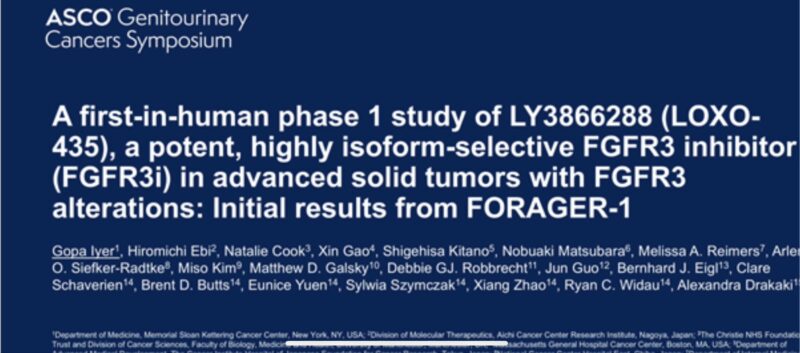
2. “COSMIC313:Cabo/ipi/nivo vs ipi/nivo in mRCC.
RR + PFS +ve but OS HR =1.02.
Triplet tolerability is harder.
Are we plateauing in RCC drug development? M2 data looks similar to the myeloid data in atezo vs atezo/bev (VEGF overcome IO resistance).
More RCC biomarker progress.”
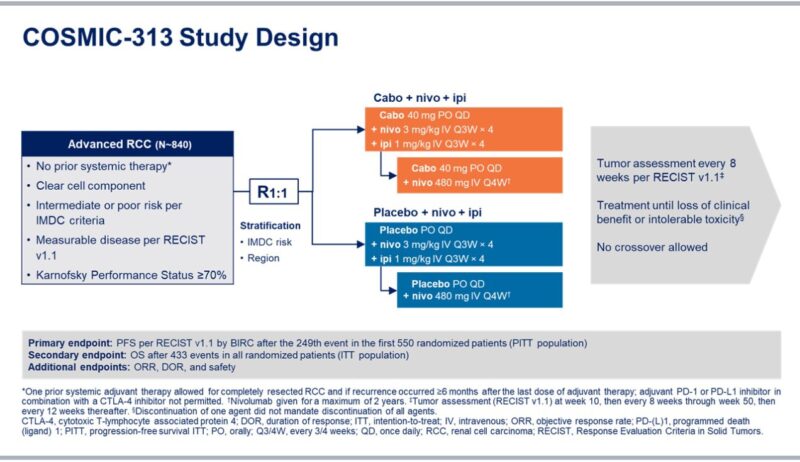
3. “5 year & final results for 9ER Cabo/nivo vs sunitinib shows consistent results with other VEGF/IO combos.
RR,PFS & OS HRs=56%, 0.58 & 0.79. OS benefit in good vs int/poor risk:1.08 vs 0.74.
No activity difference in sites of mets, such as bone.
Pick one use it well.”
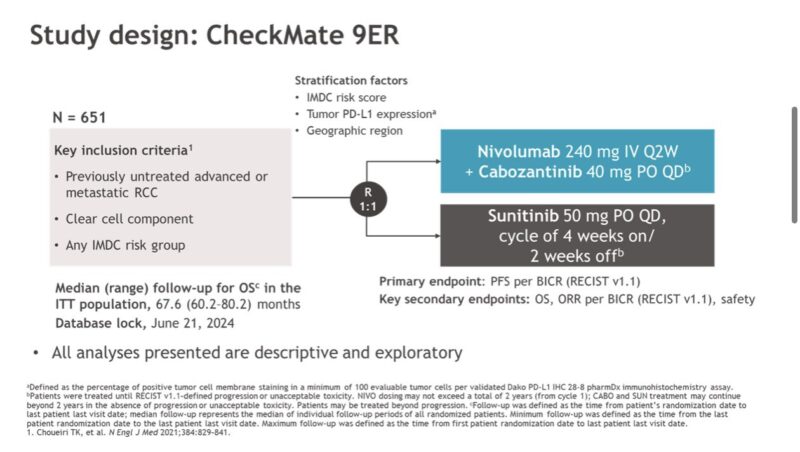
4. “SAMETA: the 1st biomarker driven R3 papillary RCC study.
CALYPSO is the phase 2 data supporting it.
RR PFS and OS in the MET driven group looks promising for durva/savolitinib.
Francesca Jackson also presents baseline and dynamic ctDNA analysis.
A new biomarker in PRCC?”
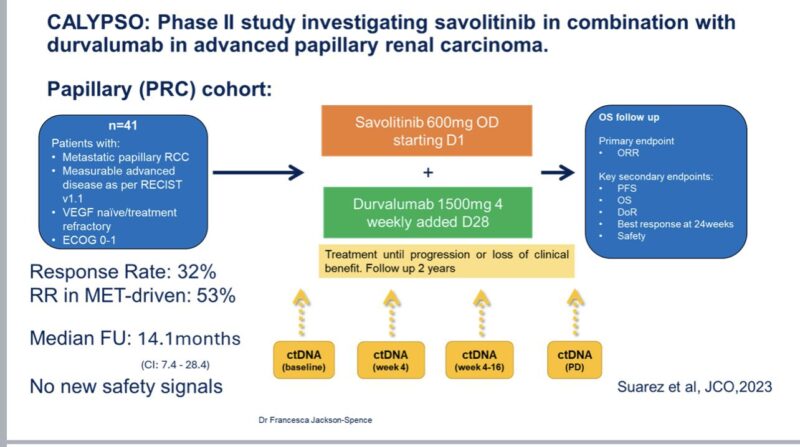
5. “The combos of pembrolizumab/belzutifan or lenvatinib/belzutifab were tested against Len/pem in pretreated advanced RCC.
These new combos are in R3 trials.
Len/bel looks perhaps more active.
Belzutifan/pem is being tested earlier in the adjuvant setting vs pembro alone.”
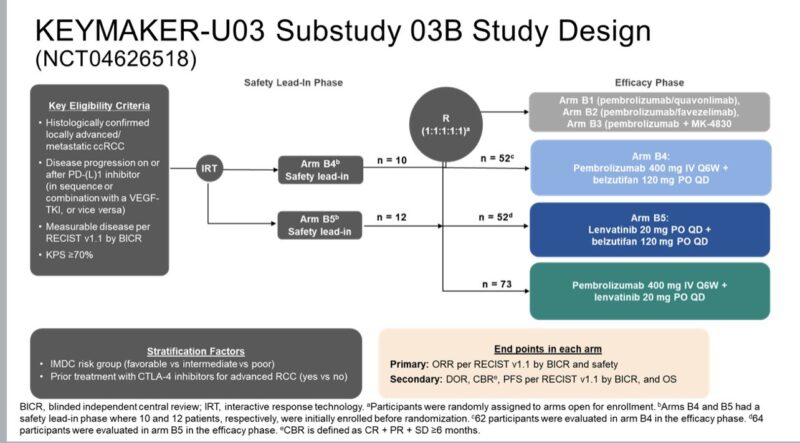
6. “KIM-1, linked to immune biology, appears the best prognosis biomarker for kidney cancer.
A decrease at 3 wks is higher for sunitinib than ipi/nivo but the fall predicts responses to ipi/nivo only.
We should start exploring this circulating marker for prognosis and immune therapy.”
